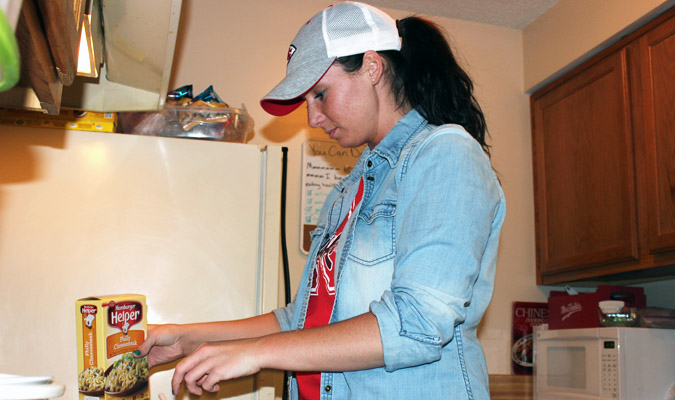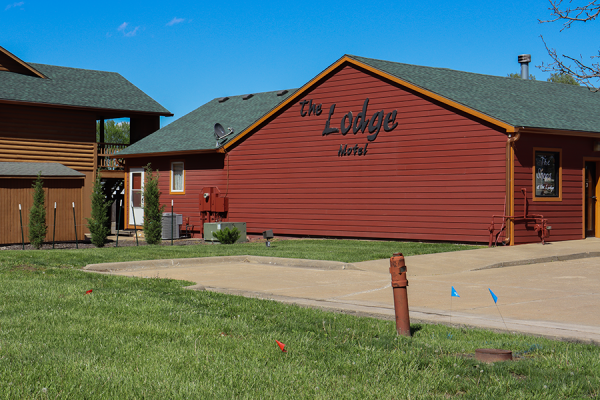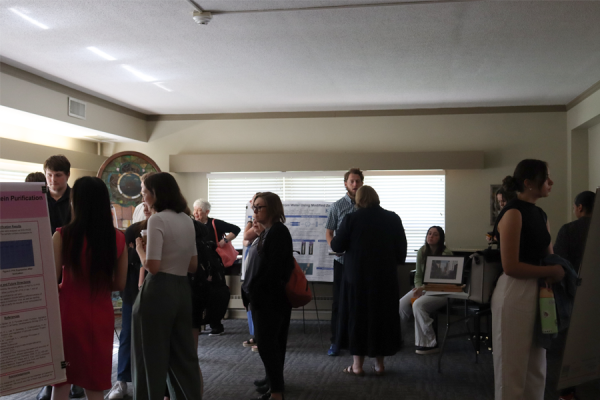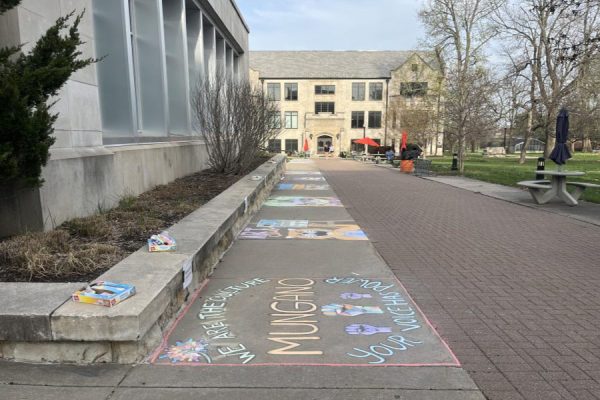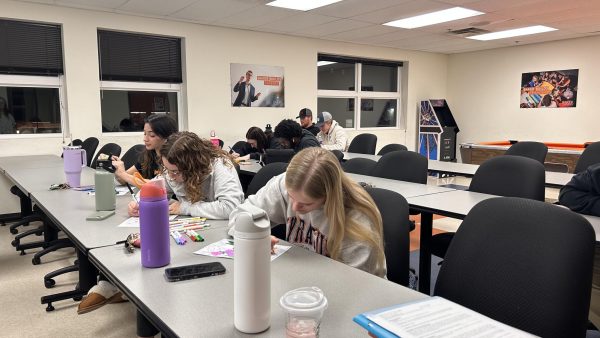No Guns Allowed? Kansas campuses may have to alter weapons policies
While public universities across Kansas are preparing for new gun laws on campus, many private universities like Baker may have to consider policy changes as well.
In 2012, the Kansas Legislature passed an act that overrides local gun ordinances statewide and requires that concealed-carry permit holders be allowed to carry their weapons in almost every public building.
The legislation was signed in 2012 and is required to be fully enforced by July 1, 2017. Public buildings where the “No Guns” signs were previously displayed may no longer technically be “No Guns” buildings.
Matt Lindsey, the president of Kansas Independent Colleges Association and a lobbyist, says the way the legislation was written excludes private schools from the requirements.
Since public schools like the University of Kansas fall under state legislation, they must abide by the new law. Public universities will have one of three choices: 1) install metal detectors in buildings and lockers for gun storage (a very costly option); 2) refrain from installing detectors, and permit any building goers to carry a concealed gun; or 3) keep current rules and security measures but also be liable for any effects if something goes wrong (an option no one will take, according to Lindsey).
On the other hand, Baker University and many other private colleges and universities can develop weapons policies at their own discretion. Despite the massive changes to state gun laws, private schools are on much different legal grounds.
The age for concealed carry in Kansas is 21. However, the new laws allow anyone over the age of 21 to carry a gun with or without the concealed carry license.
Dean of Students Cassy Bailey has pushed for placing “No Guns” stickers on the doors of residence halls and other specific buildings on campus. She said that while Baker University receives guidance from the Kansas Independent Colleges Association, the ultimate governing body for decisions is the BU Board of Trustees.
The next step for Baker, according to Bailey, is scheduling campus meetings to discuss the changes in Kansas, and then to figure out if Baker needs to change its weapons policy.
The current policy reads: “Baker University prohibits the possession or use of firearms, explosives, or other weapons (any object or substance designed to inflict a wound, cause an injury, incapacitate, or create a reasonable fear of harm) or any facsimile within any University building or facility and at any University-sponsored classes, events, or activities. This policy applies to all persons on any University campus, including students, employees, and campus visitors.”
Concerns have been raised about the possible psychological effects of placing “No Guns” signs onto entrances. On one hand, it can make some residents feel safer because they feel as though it raises awareness of the rules. On the other hand, it can create the impression and possible fear that there are many potential gun-holders on campus.
Junior Zach Vredenburg said he feels safer walking into a building without a “No Guns” sign because he believes people need to have the right to defend themselves.
Junior Liz Arnold said she feels safer without the “No Guns” sign on the doors of buildings because if it is not present, she does not think about the possibility of guns in the first place.
As for public universities, the Kansas Board of Regents, the governing body that oversees most large state schools, recently released preliminary plans for how it will enforce these rules. Highlights include prohibiting any open-carry whatsoever, forcing each university under its governance to develop policies for safe possession and storage of weapons, and making sure no weapon is ever displayed on campus unless for self-defense or transferring to storage.


